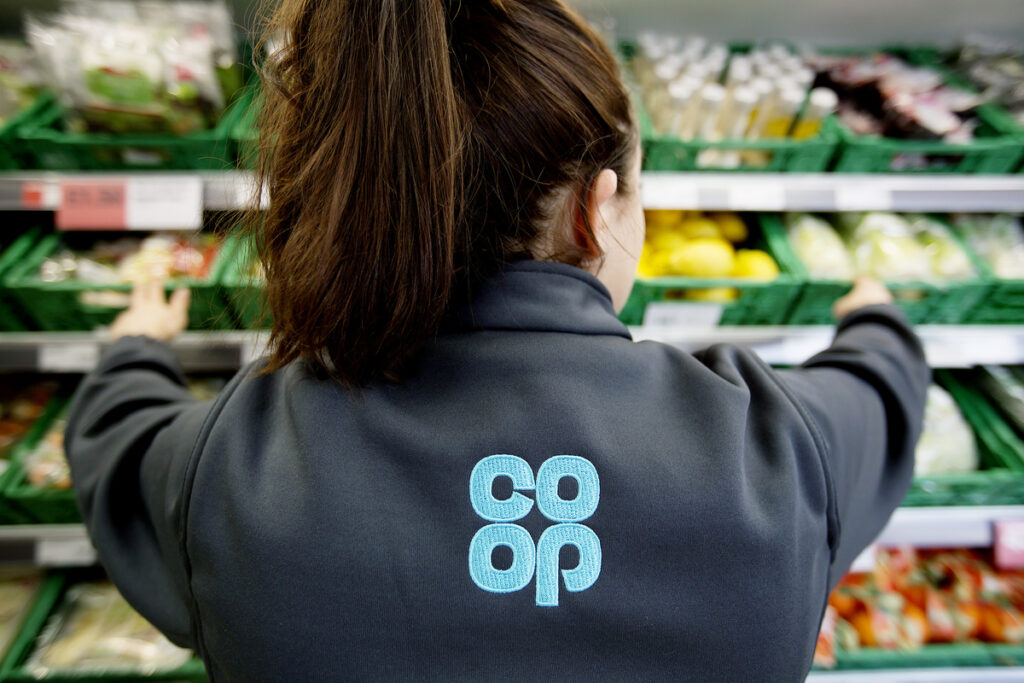// Shop prices dropped at their steepest rate in over 3 years due to Covid-19 impact
// Shop prices in the UK fell by 1.7% in April, compared with the 0.8% recorded in March
UK shop prices in April have dropped at their steepest rate in over three years as retailers struggled with the impact of Covid-19.
Shop prices fell by 1.7 per cent in April, compared with the 0.8 per cent recorded in March, making it the steepest rate of decline in shop prices since January 2017, the BRC-Nielsen Shop Price Index found.
The coronavirus pandemic has caused economic uncertainty and the decline in shop prices was exasperated by the non-food sector.
READ MORE:
- The challenge of surplus stock in the time of coronavirus
- £2.5bn clothing orders cancelled as Bangladesh minister calls for UK govt support
The decline was even steeper than the 12 and six month average decreases of 0.4 per cent and 0.7 per cent, respectively.
Non-food prices dropped 3.7 per cent in April, compared with a decline of 1.9 per cent in March, marking the highest rate of decline since the index began in December 2006.
Food inflation accelerated to 1.8 per cent in April, up from 1.1 per cent in March and above the 12 and 6-month average price increases of 1.5 per cent and 1.5 per cent, respectively.
This was driven by inflation in both fresh food and ambient food.
Fresh food inflation accelerated to one per cent in April, up from 0.4 per cent in March, and ambient food inflation accelerated to three per cent in April, up from two per cent in March.
“Overall, shop prices fell in April, with a larger drop in non-food prices outweighing the rise in food inflation,” BRC chief executive Helen Dickinson said.
“Food retailers offered fewer promotions this April as they worked to discourage the consumer stockpiling of the previous month, pushing food inflation slightly above average.
“In contrast, some non-food sectors, particularly clothing and footwear and furniture, were hard hit, as discretionary spending evaporated, resulting in deep price cuts.”
Nielsen head of retailer and business insight Mike Watkins said: “With lockdown effectively closing the high street, non-food retailers are reliant on online sales, and prices have fallen as they look to sell stock.
“Across the supermarkets, there has been a reduction of promotions to help availability, as well as some supply chain constraints, which has led to a small increase in shop prices, primarily in ambient foods.
“With such a significant disruption to shopping behaviour, the industry continues to do a marvellous job in helping to feed the nation in these difficult times.”
Click here to sign up to Retail Gazette’s free daily email newsletter
















